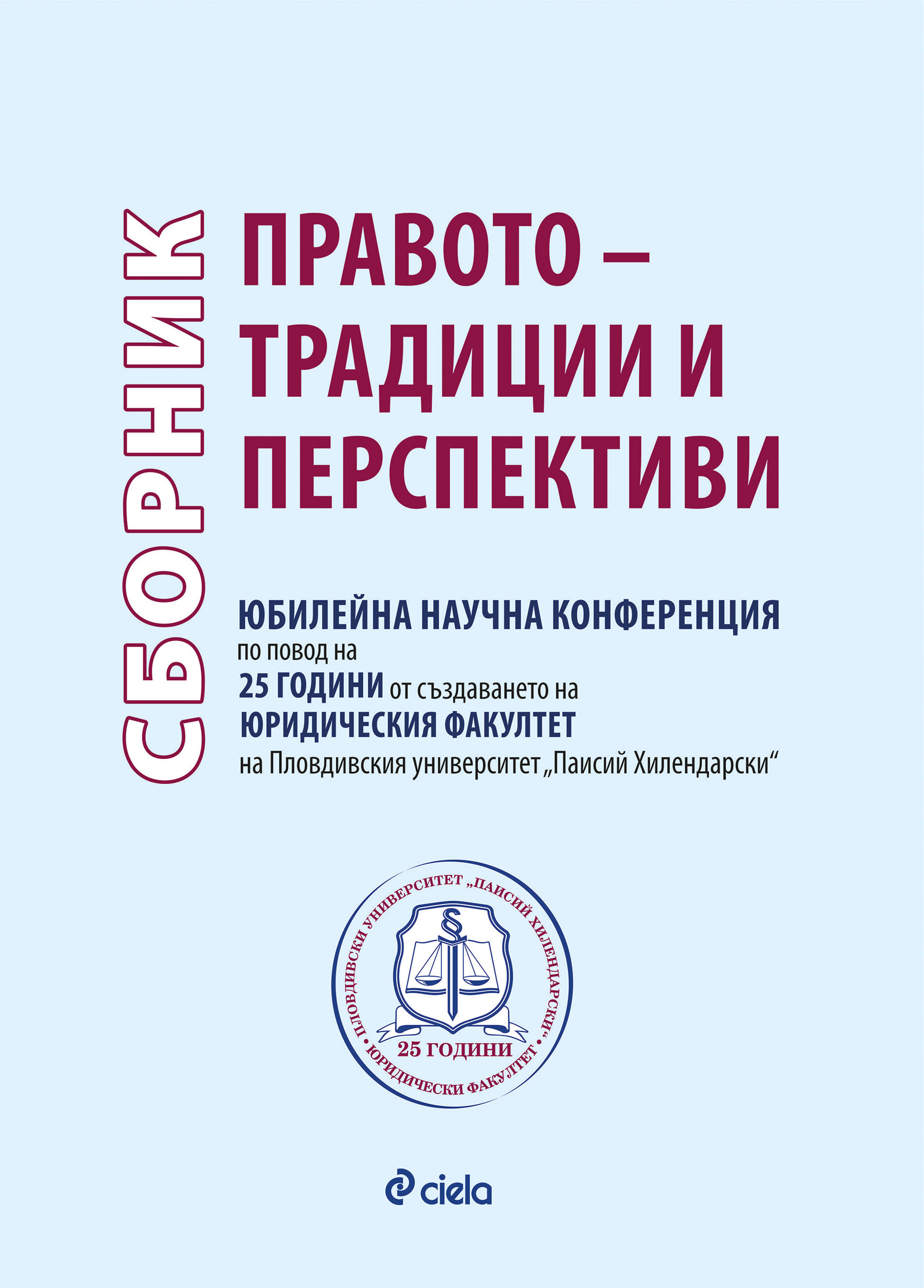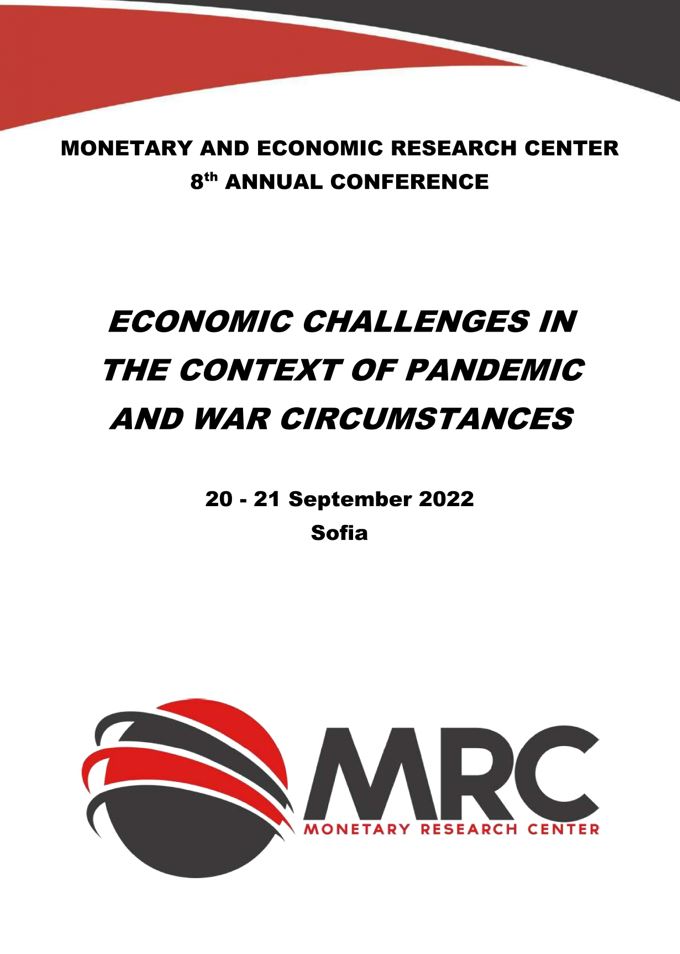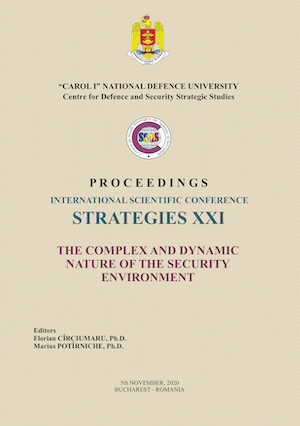Author(s): Silviu Neguț / Language(s): English
Publication Year: 0
Eurasia, the super continental mass that holds the largest share in the world`s size, population and economic power, has become the main region of interest on the planet. Within it, several geopolitical - geostrategic areas/regions have been mainly configured with great relevance (each with its actors/players - including some from outside this area - and with its problems/interests), such as North-East Asia, Central Asia, South-East Asia, Middle East, the Indian Ocean, Western Pacific, South China Sea, East China Sea, the Black Sea, the Arctic Ocean, etc. The first two decades of the 21st century, in addition to the spectacular economic assertion of some particular Asian countries, have increased the dynamism and complexity of the security environment around the world, largely due to some events that previously occurred in Eurasia: The Georgia war (2008), Russia`s takeover of Crimea (2014), US President Donald Trump`s unsuccessful attempts to ease relations with North Korea, China and Russia, tensions in the Middle East, the contradictory effects of the “greatest geo-economics project of the 21st century” - the New Silk Road), etc. Here, too, the game takes place between the two great present and future powers, the United States and China, and this game depends, or at least is influenced by other Eurasian actors.
More...



